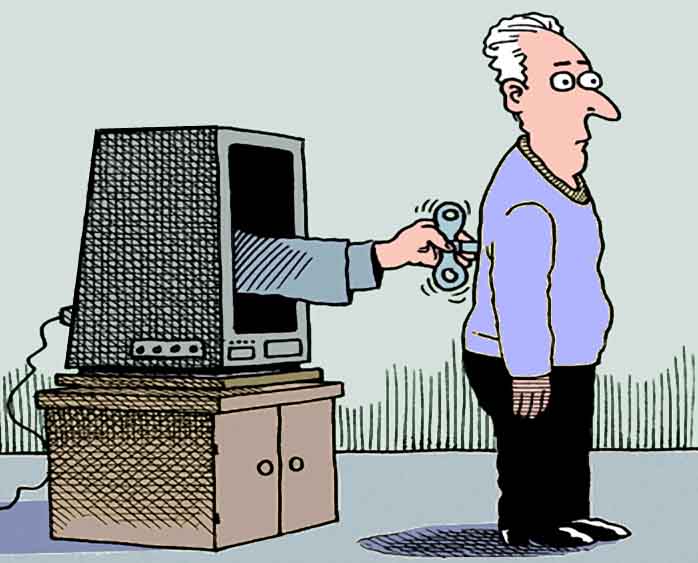
Both Australian and worldwide media outlets have seen a decrease in diversity in recent years, as media tyrants have expanded there ownership across a multitude of media sources. Australia in particular, has incurred a rapidly decreasing range of independent media outlets due to their take over by media entrepreneurs such as Rupert Murdoch who now owns over 70 percent of Australian media outlets across radio, television and newspaper sources and Australian mining magnate Gina Rinehart. Although having vast ownership of media sources seems non-threatening, a closer look can reveal the negative effects that occur when media outlets are privately owned by a small group of individuals.
The general public’s concern surrounding ownership of the media is whether the information we are receiving is of a non-bias viewpoint or is being manipulated by the personal opinions of the media sources owner. An example of this issue refers to international media proprietor, Rupert Murdoch. His takeover of Australian print media, in particular ‘Daily Mail’ and ‘The Sun’ has created discussion surrounding the bias news stories that the newspaper has presented in regards to Australian politics. These newspapers have been at the centre of controversy in recent years, as they have been criticised for presenting a bias view of political events and advocating for particular political parties.
The Newspapers’ support of specific political parties is directly caused by Rupert Murdoch’s personal political opinions. This abuse of media by the owner in turn persuades public opinion, thus manipulating election results. As Murdoch remains in control of the majority of Australian Media Sources, this issue of bias remains a common occurrence
Gina Rinehart is another example of how media ownership negatively impacts the general public. Her 10% stake in Australian free to air channel ‘TEN’ has enabled Gina Rinehart to have some control of what is being aired and thus altering public opinions. An instance of Rinehart’s media control occurred when ‘Channel 9’ broadcasting network aired a television miniseries ‘House of Hancock’ detailing how Gina Rinehart obtained her fortune. Upon viewing the series Ms Rinehart claimed the series defamed her, ordering the series producers to film and air an alternative plot line that she approved of.
The issue of media ownership is extremely important as individuals controlling the media have the ability to manipulate public views. It is clear from reviewing the actions of Media tyrants Rupert Murdoch and Gina Rinehart that the issue of media ownership becomes and issue when diversity of ownership is not present.
Further information can be found on the Australian Communication and Media Authorities website, providing a snapshot detailing the main media owners involved in commercial television, radio and newspapers.
You have included fascinating points and objectives about the negative impact of those who control the media. You have clearly done some really good research in order to support your views and create further insight for those reading your blog. It would have been great if you included references so that your peers could read further and also gain relative perceptions about media ownership. You also could have mentioned positive impacts of media ownership as to not sound so biased. Your blog is written well and the information that you have successfully provided has supported your views.
– Georgia
LikeLiked by 1 person
Great blog post! You have made great comments on the negative impact of ‘who owns the media’ and a lovely use of image. It was great to see that you included Rupert Murdoch and the power he has over politics and the media, although it would have great if you possibly hyperlinked it to a biography of Murdoch. Overall, very well written blog with great information.
-Zoe
LikeLiked by 1 person
I agree that the monopolisation of media markets, such as Australia’s, does have a fair amount of influence on politics. Media outlets can still run politicians into the ground over fairly minor hiccups. Particularly when it comes to policies and debate on industry or the environment, the Rineharts and Murdochs might get their fingers dirty in the printing press. However, most of the population has the capacity to navigate around these bias outlets easily with their Tablets or Iphones. One of best parts about convergence is that we can find several sources of information on the same issue in seconds. The future bodes well for free thinking, as we are no longer as dependant on the media outlets, as they are on us.
Hugh
LikeLiked by 1 person